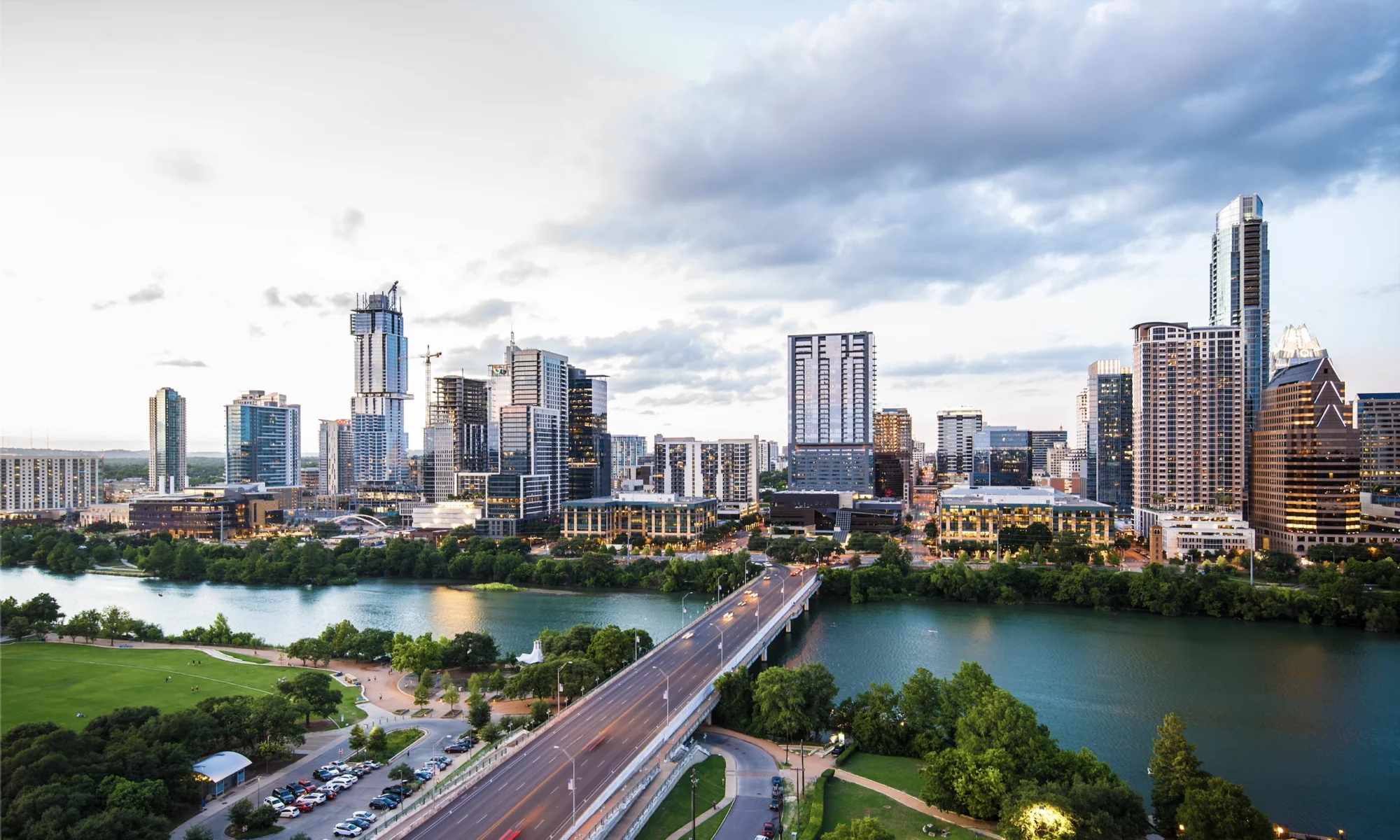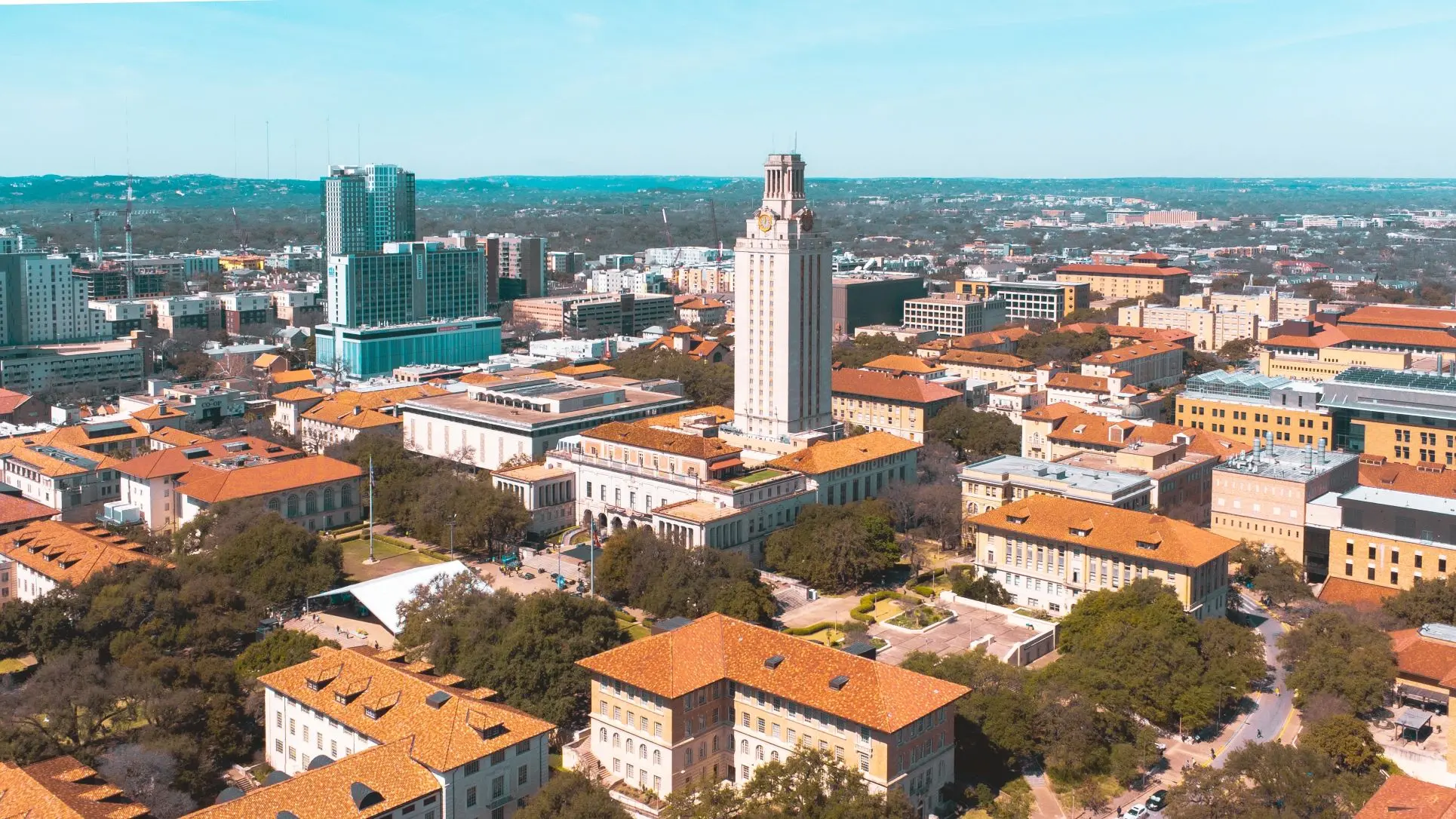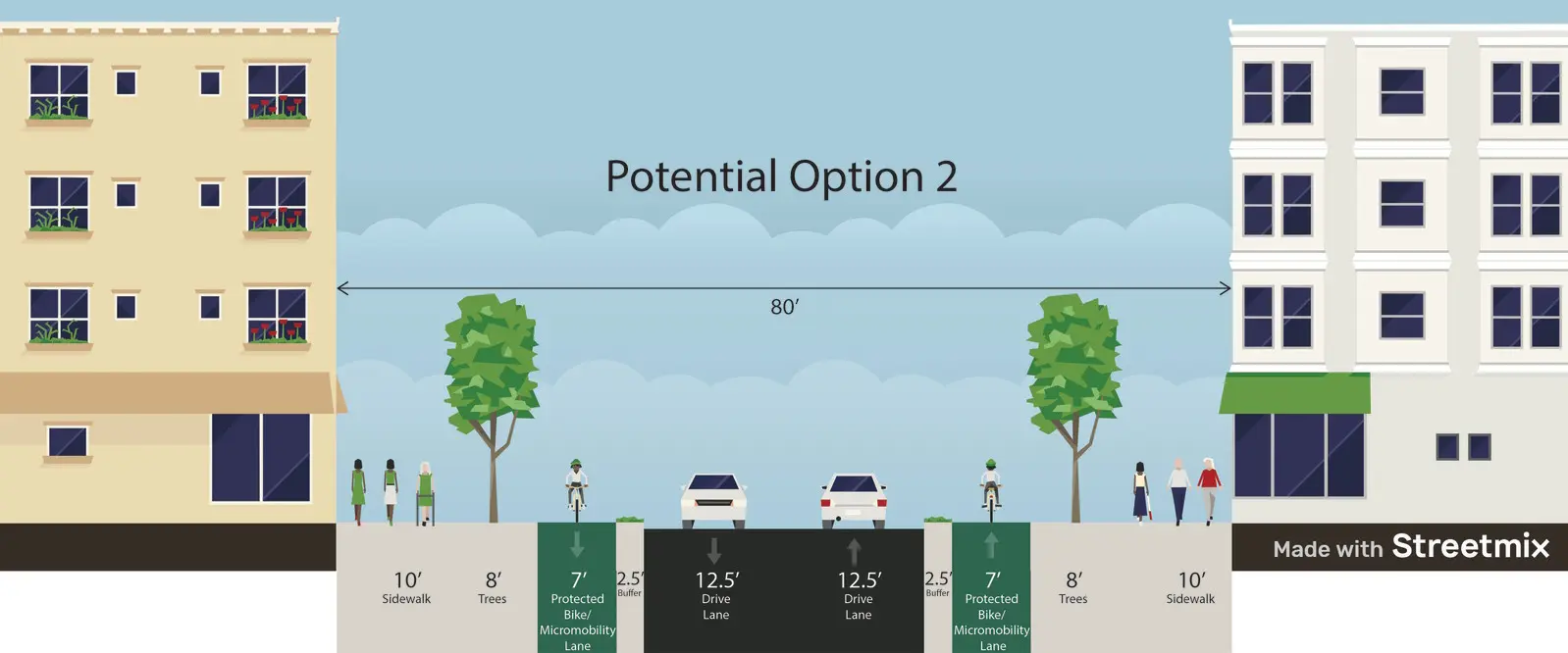AURA has partnered with the University Democrats at UT Austin to send a joint letter to the Mayor and City Council calling for addressing student housing costs by expanding the University Neighborhood Overlay (UNO) and increasing the supply of student housing. If your organization would like to sign onto this call to action, please email us at info@aura-atx.org.
Here’s the full text of the letter sent to Council:
Mayor Watson, Mayor Pro Tem Ellis, and City of Austin Council Members:
Students, like most Austinites, are adversely affected by our city’s lack of housing. Smart, young people across our state move to Austin to pursue higher education and participate in our vibrant culture. Once they arrive, many find that they spend an exorbitant amount of their income on housing, often having to maintain jobs on top of their academic responsibilities. Some must live far away from the campus at which they study. Housing costs are quickly becoming a huge barrier to getting an education in Austin. We pride ourselves on educating much of our state, yet our housing costs are turning away many working class students from seeking higher education, or forcing them to take on higher levels of debt. We can and should do better by this city’s college students.
In recognition of this problem, the City of Austin has created the University Neighborhood Overlay (UNO) District in the West Campus area near the University of Texas. Within UNO, developers are allowed to build more student housing as long as they also provide high-quality pedestrian infrastructure and dedicate a percentage of the units as subsidized, or Affordable.UNO has been a great success. It has allowed tens of thousands of students to live near the UT Campus. Rents in the overlay area have increased at a slower rate than in surrounding neighborhoods. It has created one of the most walkable, bikeable, and transit supportive areas in the entire city. UNO residents have lower car ownership and use alternative transportation more than most anywhere else in the city, helping Austin reach our climate and mode share goals. It has also produced a staggering percentage of the city’s affordable housing units, despite covering such a tiny area of the city.
Despite its success, the small amount of land we have designated as being within UNO is not enough to meet the housing demands of the University of Texas population, to say nothing of the growing student populations attending other colleges throughout our city. We must extend the benefits of UNO to more of the city’s students.We request that the Austin City Council expand UNO to more areas that are appropriate for student housing. In particular, we suggest areas close to universities or community colleges, especially where there is already a concentration of students living but without the benefits of UNO. Examples of areas that we believe are ready for expansion of UNO include:
- – Expanding Outer West Campus district westward to Leon Street
- – Expanding Outer West Campus district westward to Salado below 29th and to San Pedro below that
- – A new district bordered by Guadalupe to the West, 27th to the south, 31st to the north, and Duval to the East
- – A new district around Red River, east of I-35, and north of Dean Keaton
Maps for the current and proposed UNO districts can be found at https://bit.ly/UNO-expansion. These zones are only meant as a starting point for discussion.
In addition, we would like the city council to look into ways to improve the existing districts to allow more students to have the advantages of UNO. An example of this might be raising height limits.Finally, we would urge the City Council to initiate consideration of the expansion of UNO to other areas of Austin with existing college campuses, including but not limited to St. Edward’s University, Huston-Tillotson University, and all Austin Community College campuses. This will allow us to better serve the housing needs of all higher education students in Austin and retain our excellent reputation with younger Austinites as a place to live, learn and stay.
We appreciate your prompt attention to these requests and look forward to discussing these proposals in greater detail at your earliest convenience.
Sincerely,
UDems
AURA


